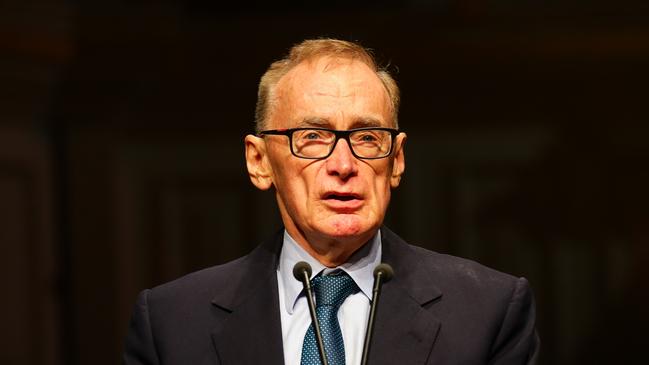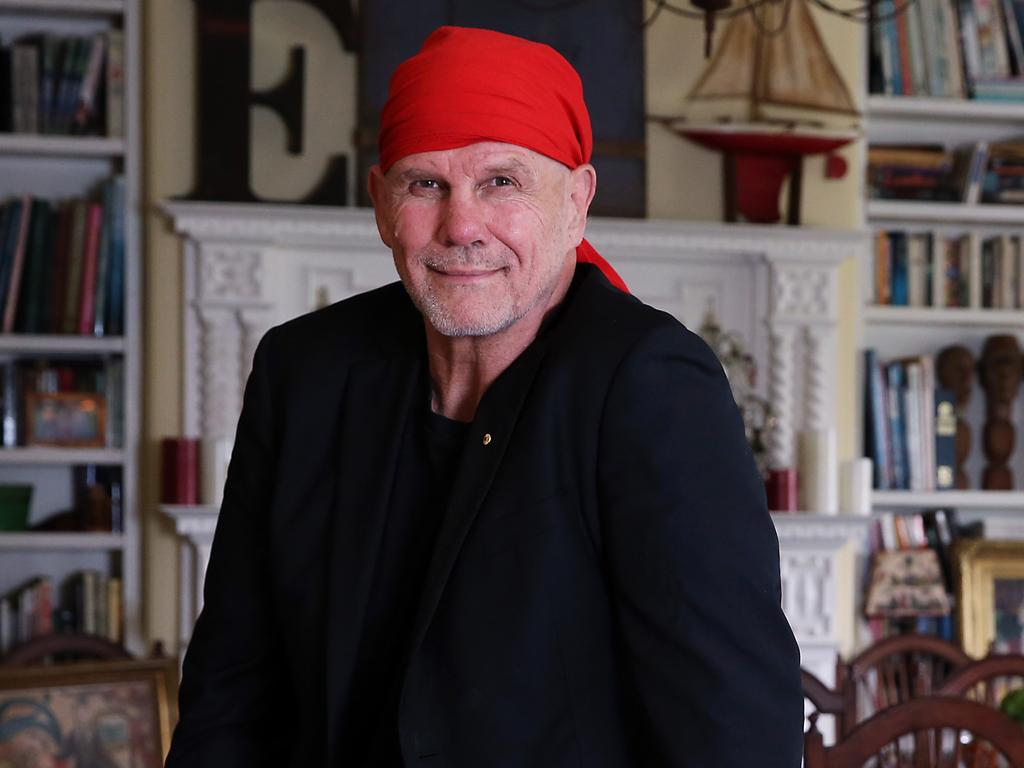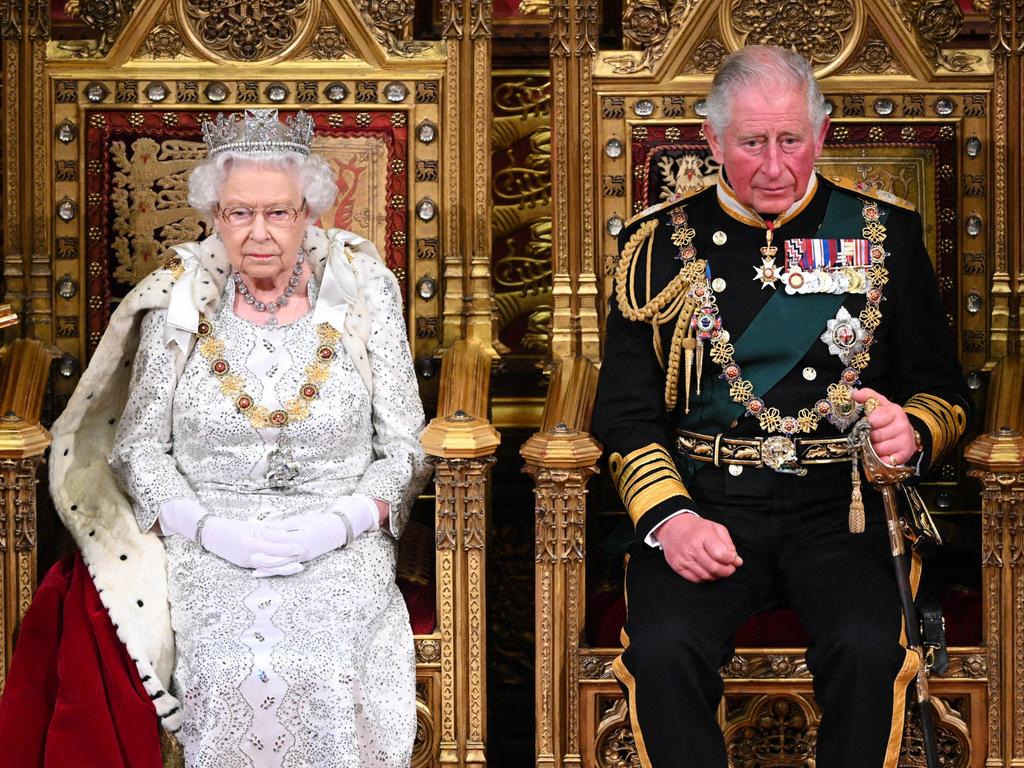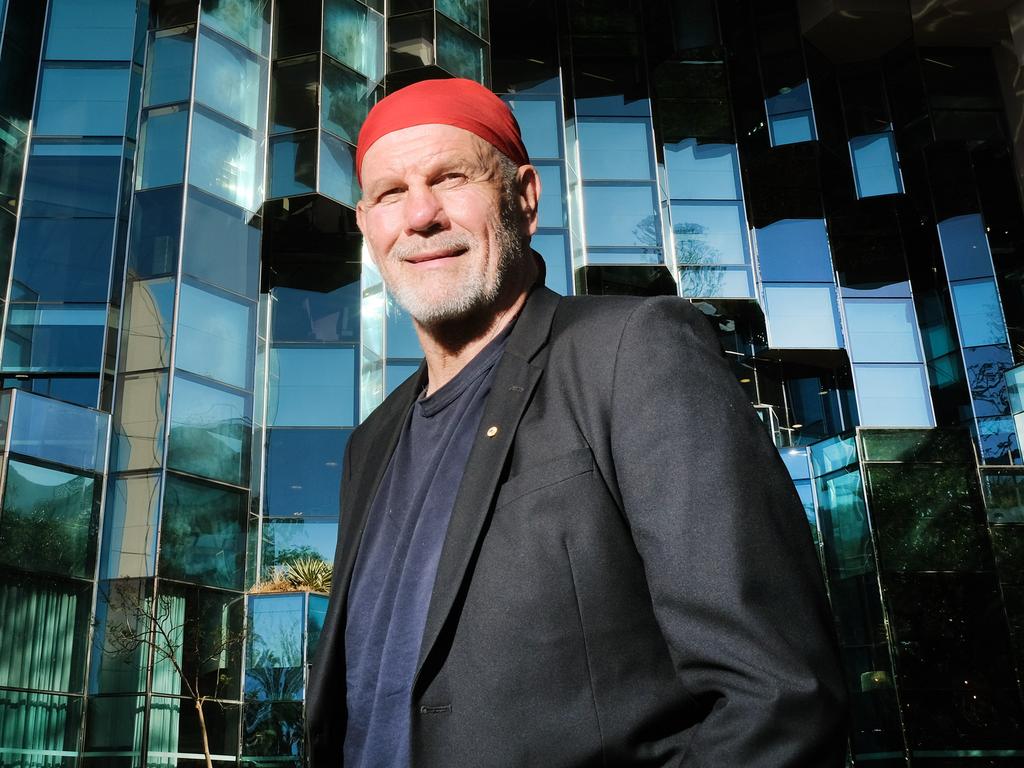Model risks president-PM balance, says Bob Carr
Bob Carr warns the new model risks a directly elected head of state viewing their mandate from the people over that of the PM.

Former NSW Labor premier Bob Carr has warned the new model for an Australian republic would risk a directly elected head of state viewing their mandate from the people as being superior to that of the prime minister.
A long-time opponent of direct-election models, Mr Carr said the proposal from the Australian Republic Movement for the people to elect a head of state from a shortlist of up to 11 candidates – selected by the state, territory and federal parliaments – would inevitably lead to candidates freelancing on public policy as they sought to build support for their nomination.
Mr Carr, Australia’s foreign minister from 2012-13, argued this would establish the potential for a dangerous new conflict to emerge between the head of state and the prime minister, deterring Australians attracted to a republic from supporting it at a referendum.
“I don’t see how you can avoid a new head of state, elected by a drawn-out selection process at a national ballot, thinking they’ve got a mandate of their own and superior to that of the prime minister,” Mr Carr told The Australian.
“In addition, a drawn-out beauty parade of up to 11 contenders – with state parliaments recruited for the exercise – engenders concern. It’s plain impossible to stop candidates from creating product differentiation by taking stands on policy.
“And then, once elected, they naturally have a claim on a mandate. And it could be one at odds with the prime minister. Many Australians might conclude that the republican ideal is attractive but not worth risking the virtues of prime ministerial government by creating an alternative source of power.”
ARM chair Peter FitzSimons said on Thursday he thought Australians could have a referendum on a republic within four years.
He said the movement had galvanised support from a majority of sitting federal parliamentary members, but conceded a vote would not happen under a Morrison government, which did not support it.
He said the ARM would need support from the prime minister of the day if it were to succeed, pointing to the failure of the 1999 referendum, which was not supported by John Howard.
“It won’t happen under the reign of the Prime Minister. I don’t know how long he will be there, three years, 30 years, who knows, but it will be when the political winds change, the cycles change,” he told Sky News. “I don’t expect should Anthony Albanese win, we’re not expecting in the next three years or in the term should he win, were not expecting it there, but we do expect it will move along and hopefully three or four years we might have a referendum.”
Some MPs raised concern about the timing of a vote, with Liberal senator Andrew Bragg urging the government to first address the issue of Indigenous constitutional recognition.
“My priority is the Indigenous constitutional issues and I’d like to see a referendum within the next term on an Indigenous voice … until we deal with that I am not interested in anything else.
“The question of constitutional recognition and what options we have is going to be a complex process, which requires a lot of effort and a lot of resources and, given the issues the nation is facing at the moment – with economic and strategic issues – I struggle to see how you can deal with the Indigenous and republic discussions at the same time.”
Liberal senator Dean Smith, a committed constitutional monarchist, said the timing of the latest proposal demonstrated the organisers’ “cluelessness”, with the Queen’s platinum jubilee a few weeks away. “Until republicans can end their internal divisions and land on a single preferred model, constitutional monarchy will remain Australia’s preferred option for years to come,” he said.







To join the conversation, please log in. Don't have an account? Register
Join the conversation, you are commenting as Logout